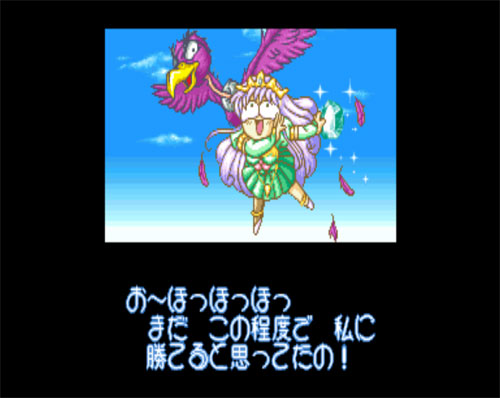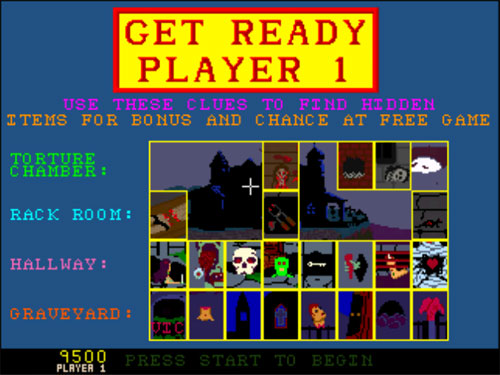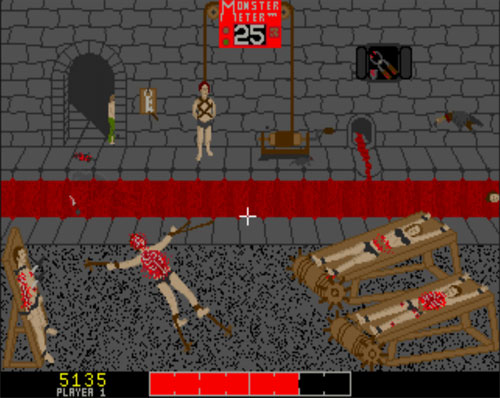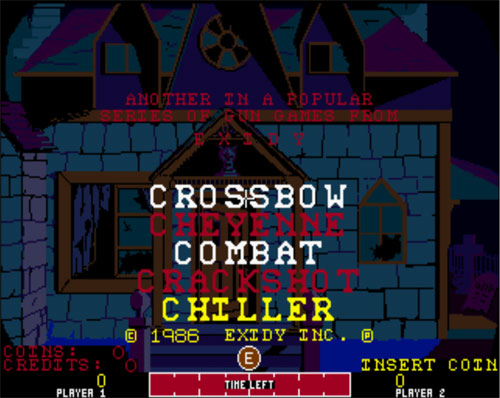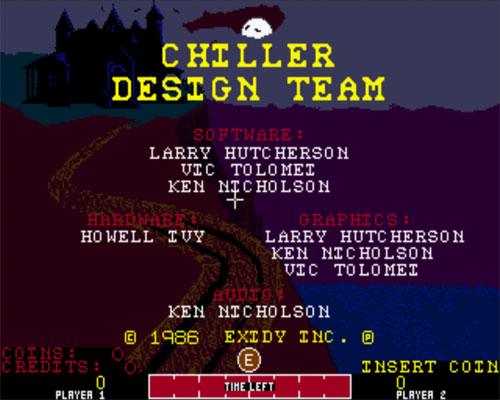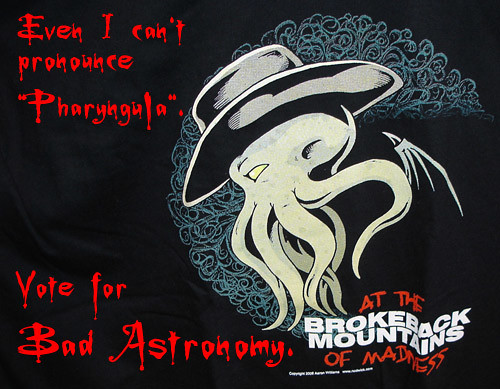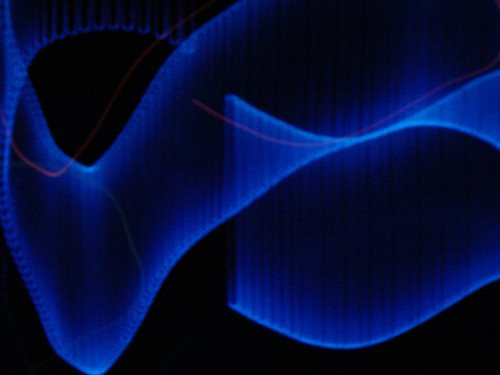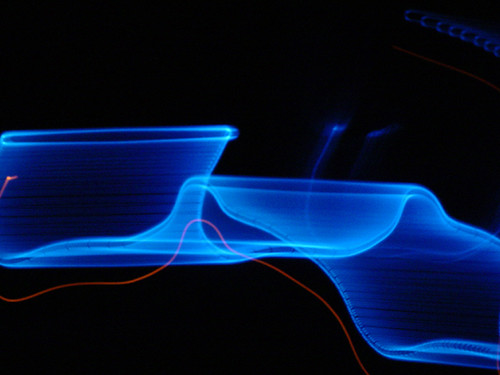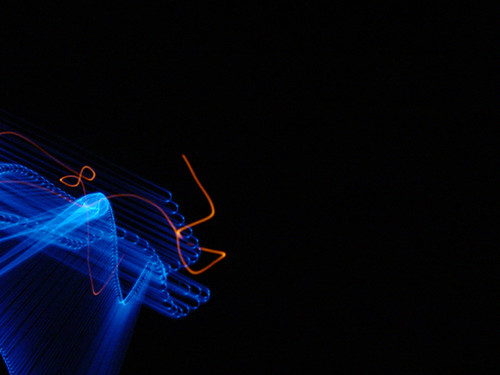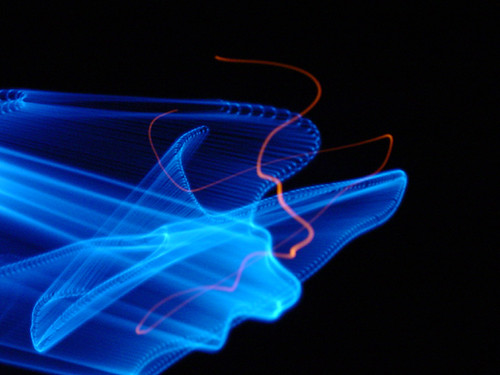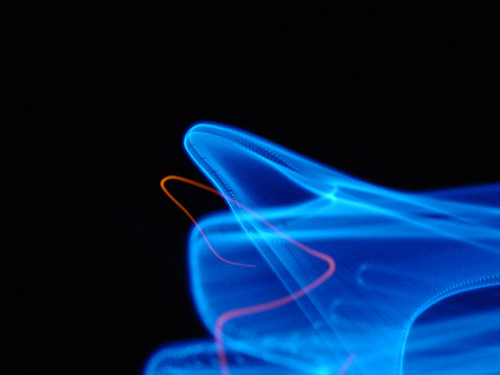I was very late to the Carl Sagan party. He died almost before I began to learn of his work. I don't think anyone was totally oblivious to the man. He was an icon of his time, just as he is today. In 1996 I was 20. I had just met my future wife. I was just starting to remember what it was that I loved about science, and I was just begining to read Sagan's books and watch his amusing and totally enthralling PBS series Cosmos. Now I'm no science nerd. I'm bad with numbers and abstract mathematical ideas. I find it difficult to study anything that I'm not 100% interested in at the time. Carl Sagan was just the man for the job. Carl Sagan made me interested.
Sagan could make anything relevant to anything else. He could make the most simple concepts balloon into an all encompassing, mind-blowing cosmic symphony in just a few steps, and I wasn't (ironically enough) even on drugs!
Two of Sagan's concepts that stand out most clearly in my mind today come from the same general idea. We humans are both small and fleeting. We are unique, yet cosmically insignificant.
The first is his giant calendar of the cosmic year. On it, Sagan mapped out the life of the universe based on one year, with the big bang occurring on midnight of January 1st, humanity first appearing at 10:30 p.m on December 31st and the Renaissance beginning at the very last second of the cosmic year. That would make the last 500 or-so years of our history on Earth total less than one second in the eyes of the universe.
The other thing that sticks in my mind is his story about how Voyager 1, just before exiting our solar-system, spun around to take a look back toward home. This is what it saw:

The white dot on the right in the lighter strip is us. Sagan, of course, says it best in Pale Blue Dot:
Look again at that dot. That’s here. That’s home. That’s us. On it everyone you love, everyone you know, everyone you ever heard of, every human being who ever was, lived out their lives. The aggregate of our joy and suffering, thousands of confident religions, ideologies, and economic doctrines, every hunter and forager, every hero and coward, every creator and destroyer of civilization, every king and peasant, every young couple in love, every mother and father, hopeful child, inventor and explorer, every teacher of morals, every corrupt politician, every “superstar,” every “supreme leader,” every saint and sinner in the history of our species lived there–on a mote of dust suspended in a sunbeam.
The Earth is a very small stage in a vast cosmic arena. Think of the rivers of blood spilled by all those generals and emperors so that, in glory and triumph, they could become the momentary masters of a fraction of a dot. Think of the endless cruelties visited by the inhabitants of one corner of this pixel on the scarcely distinguishable inhabitants of some other corner, how frequent their misunderstandings, how eager they are to kill one another, how fervent their hatreds.
Our posturings, our imagined self-importance, the delusion that we have some privileged position in the Universe, are challenged by this point of pale light. Our planet is a lonely speck in the great enveloping cosmic dark. In our obscurity, in all this vastness, there is no hint that help will come from elsewhere to save us from ourselves.
The Earth is the only world known so far to harbor life. There is nowhere else, at least in the near future, to which our species could migrate. Visit, yes. Settle, not yet. Like it or not, for the moment the Earth is where we make our stand.
It has been said that astronomy is a humbling and character-building experience. There is perhaps no better demonstration of the folly of human conceits than this distant image of our tiny world. To me, it underscores our responsibility to deal more kindly with one another, and to preserve and cherish the pale blue dot, the only home we’ve ever known.
Everything we know, everything we have been, everything we have done, is both small and short. We are not important to anything but ourselves. We are a single intake of breath. Yet that single unified breath has brought life to everything we know. We have come so far in such a small amount of time that we have yet to fully understand what we are. We have such potential, such a wide rage of possible futures. Yet we constantly teeter on the brink of total annihilation every day because each of us thinks that the universe was made just for us, with us at it's center.
If the Earth were to vanish, either by our own means or that of the Vogons, no one out there would know, and even if they did, they wouldn't care. What can we do to change that? How can we save ourselves? If we are but one breath, what might be out there that's been breathing for hours or days? Don't you want to know? I mean seriously, don't you want to know?
This is what Carl Sagan has taught me. That I want to know.











